- Home
Page 3
Page 3
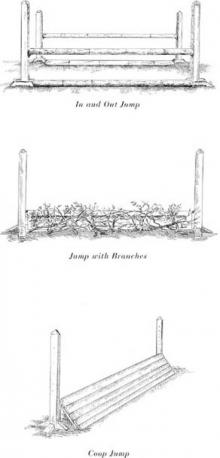 The Georges and the Jewels
The Georges and the Jewels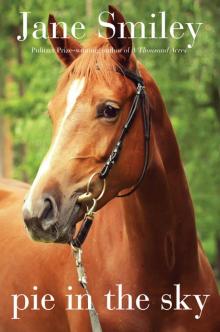 Pie in the Sky: Book Four of the Horses of Oak Valley Ranch
Pie in the Sky: Book Four of the Horses of Oak Valley Ranch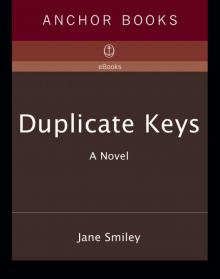 Duplicate Keys
Duplicate Keys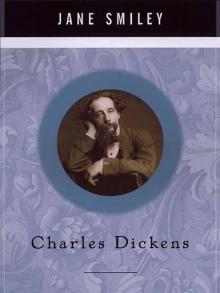 Charles Dickens
Charles Dickens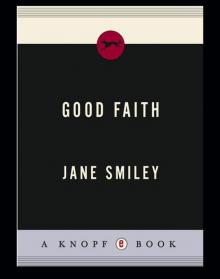 Good Faith
Good Faith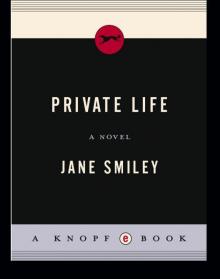 Private Life
Private Life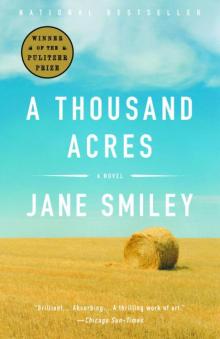 A Thousand Acres: A Novel
A Thousand Acres: A Novel The Greenlanders
The Greenlanders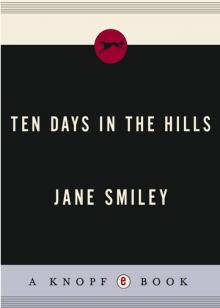 Ten Days in the Hills
Ten Days in the Hills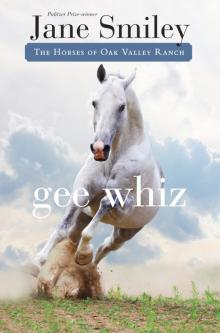 Gee Whiz: Book Five of the Horses of Oak Valley Ranch
Gee Whiz: Book Five of the Horses of Oak Valley Ranch A Thousand Acres
A Thousand Acres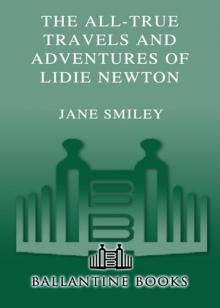 The All-True Travels and Adventures of Lidie Newton
The All-True Travels and Adventures of Lidie Newton Ordinary Love and Good Will
Ordinary Love and Good Will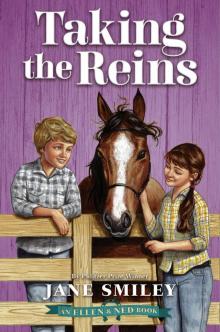 Taking the Reins (An Ellen & Ned Book)
Taking the Reins (An Ellen & Ned Book)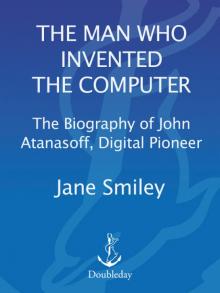 The Man Who Invented the Computer
The Man Who Invented the Computer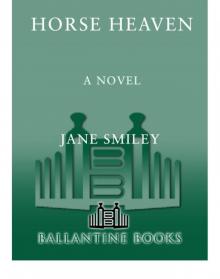 Horse Heaven
Horse Heaven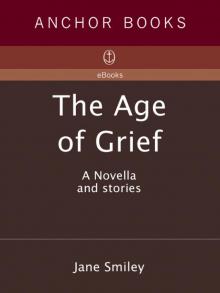 The Age of Grief
The Age of Grief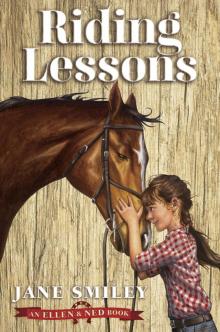 Riding Lessons
Riding Lessons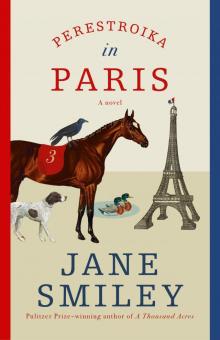 Perestroika in Paris
Perestroika in Paris A Good Horse: Book Two of the Horses of Oak Valley Ranch
A Good Horse: Book Two of the Horses of Oak Valley Ranch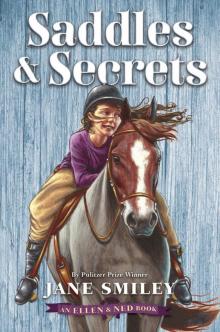 Saddles & Secrets (An Ellen & Ned Book)
Saddles & Secrets (An Ellen & Ned Book)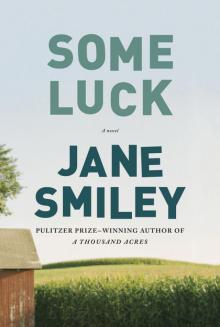 Some Luck: A Novel
Some Luck: A Novel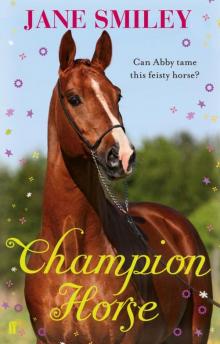 Champion Horse
Champion Horse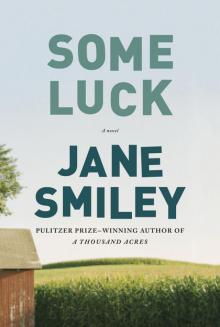 Some Luck
Some Luck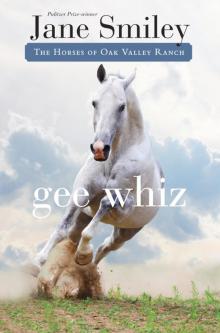 Gee Whiz
Gee Whiz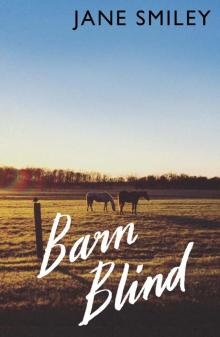 Barn Blind
Barn Blind A Thousand Acres (1992 Pulitzer Prize)
A Thousand Acres (1992 Pulitzer Prize)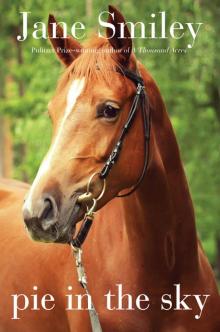 Pie in the Sky
Pie in the Sky True Blue
True Blue A Thousand Acres_A Novel
A Thousand Acres_A Novel A Good Horse
A Good Horse